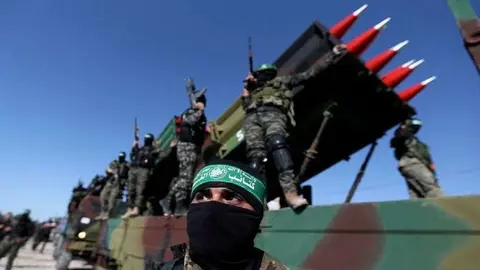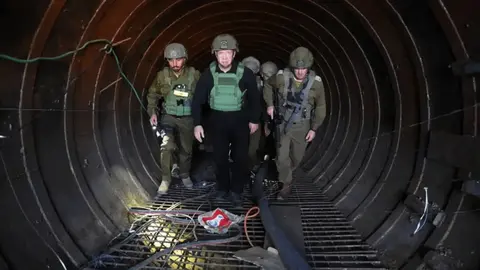Egypt proposes peace plan to Hamas and Israel to end Gaza war
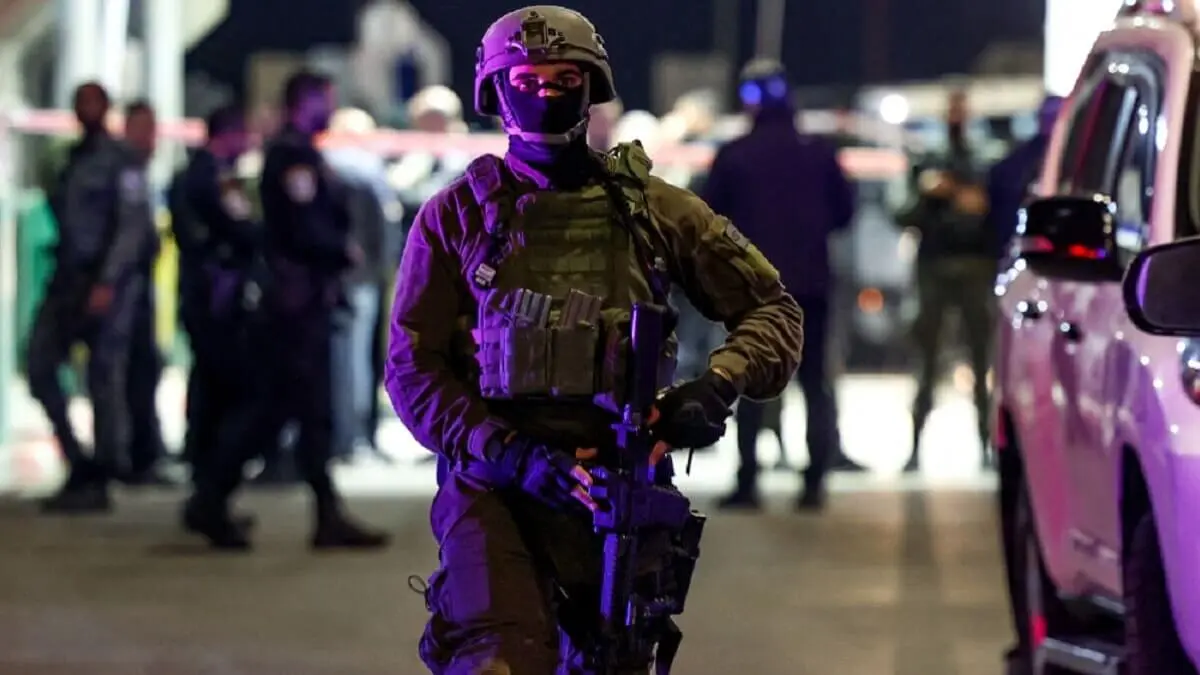
The situation in Gaza remains desperate as Israel continues its bombardment, which intensified on 28-29 December, targeting Hamas targets in the south of the strip, especially in the town of Rafah.
Talks in Cairo
After 84 days of violence, initiated by the Hamas terrorist group with its invasion of Israeli territory and followed by the Israeli army's forceful response against Gaza, a window of hope is opening in Cairo, thanks to the Egyptian government's mediation proposal.
In fact, a Hamas delegation is expected to arrive in Cairo on Friday 29 December to discuss the peace plan proposed by the Egyptian government. This is undoubtedly a step forward, as Hamas itself had rejected the plan on 25 December, but has decided to reconsider its position and study the proposal.
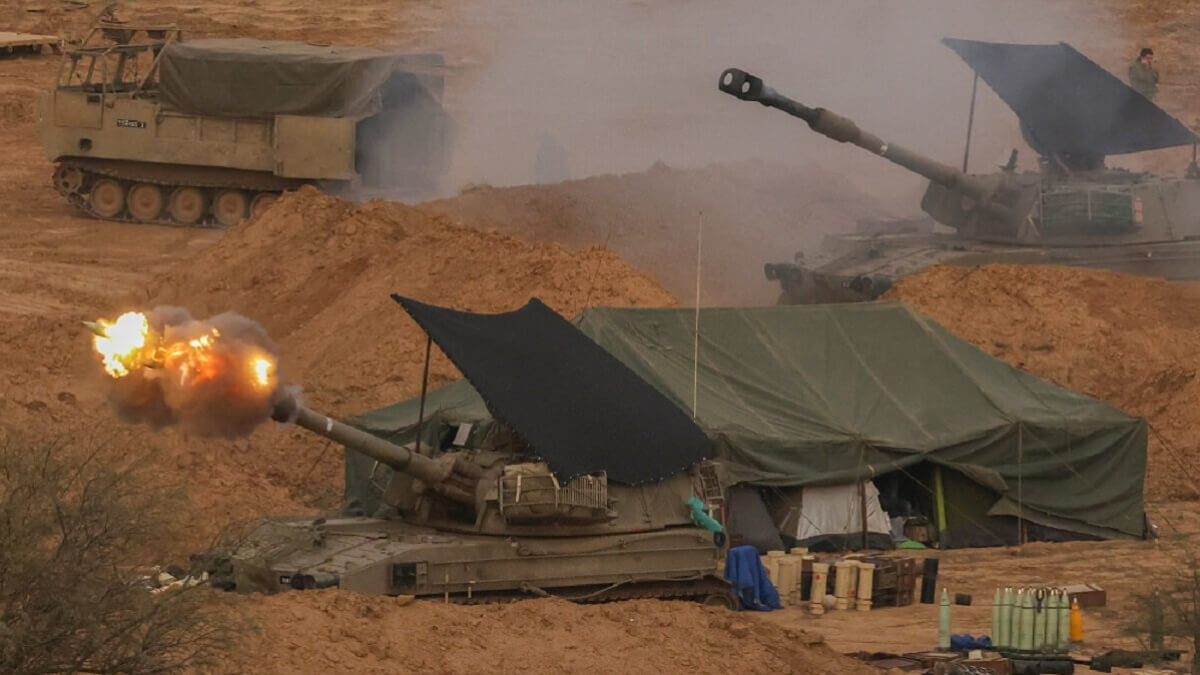
The plan includes, in addition to a new exchange of hostages and prisoners, the establishment of a new technocratic government for the West Bank and Gaza, made up of representatives of all Palestinian factions; a plan for the reconstruction of the coastal enclave, which has been devastated by Israeli bombardment; and the holding of new elections in the Palestinian territories.
As reported by AFP, the Egyptian plan consists of three phases: first, the establishment of a series of renewable truces; second, the gradual release of Israeli hostages still held by Hamas since the 7 October invasion, in exchange for Palestinian prisoners held in Israeli jails; and third, a definitive ceasefire to end the war.
Hamas remarks
The high-level Hamas delegation visiting Cairo on Friday 29 December will meet with Egyptian officials and make remarks on the peace plan.
Hamas sources quoted by AFP say these comments relate to the modalities of hostages-for-prisoners exchanges and the number of prisoners to be released by Israel.
The Palestinian delegation also raises doubts about the guarantees Israel will give regarding the full withdrawal of its troops from Gaza.
Discretion on the Israeli side
For its part, Israel has not yet disclosed its position on the peace proposal put on the table by the Egyptian government. Israeli Prime Minister Benjamin Netanyahu was tight-lipped during a meeting in Tel Aviv on 28 December with the families of several of the hostages held by Hamas since 7 October: 'We are in contact [with mediators] at the moment. I can't give more details yet, but we are working to free them all. That is our goal.
Judith Wainstein Hagai, 70, the oldest hostage held by the terrorist group, was wounded during the attack on 7 October and died of her injuries.
Her husband, Gad Hagai, died during the October attack. Their bodies are still in Gaza.
WHO warns of situation in Gaza
As talks in Cairo continue, the situation in Gaza remains critical. The director general of the World Health Organisation (WHO), Tedros Adhanom Ghebreyesus, warned of "grave danger" for the inhabitants of the Gaza Strip.
He called on the international community to take "urgent measures" to alleviate the situation in the region, given that humanitarian workers are struggling to carry out their work in the current environment.
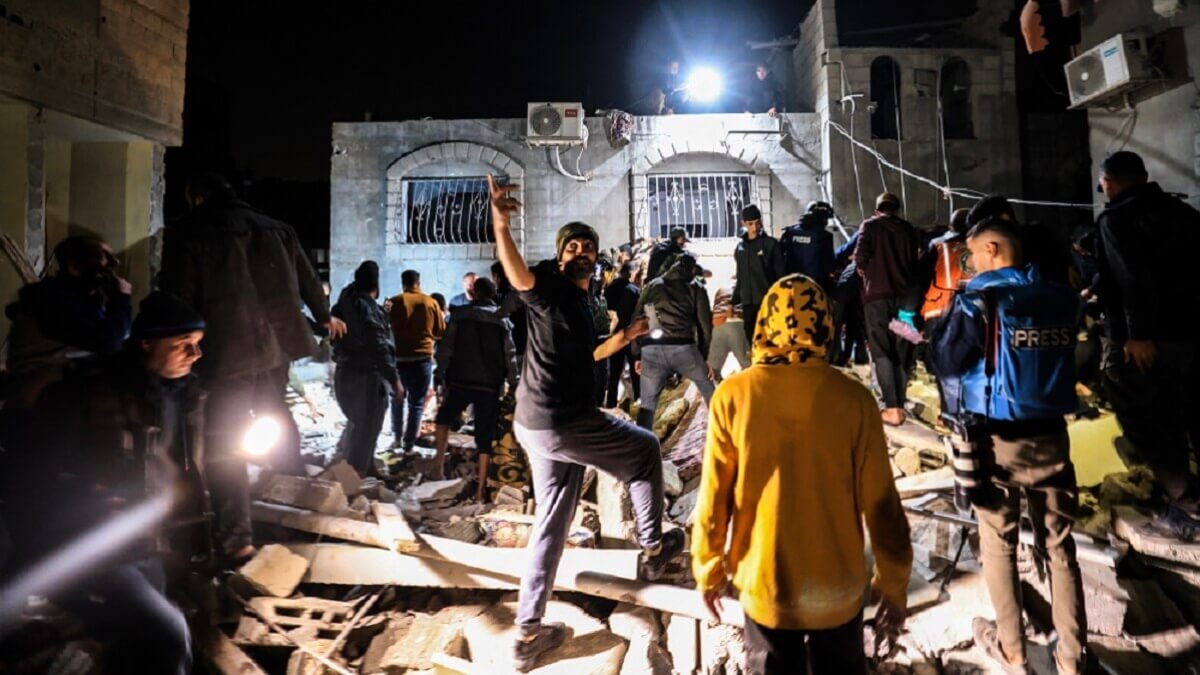
According to Ghebreyesus, humanitarian aid is reaching Gaza in very limited quantities, despite the UN Security Council's insistence that the parties facilitate immediate delivery.
The UN estimates that some 1.9 million people, 85% of Gaza's population, have been forced to flee the fighting and the Israeli army's siege, while famine looms in the region.

